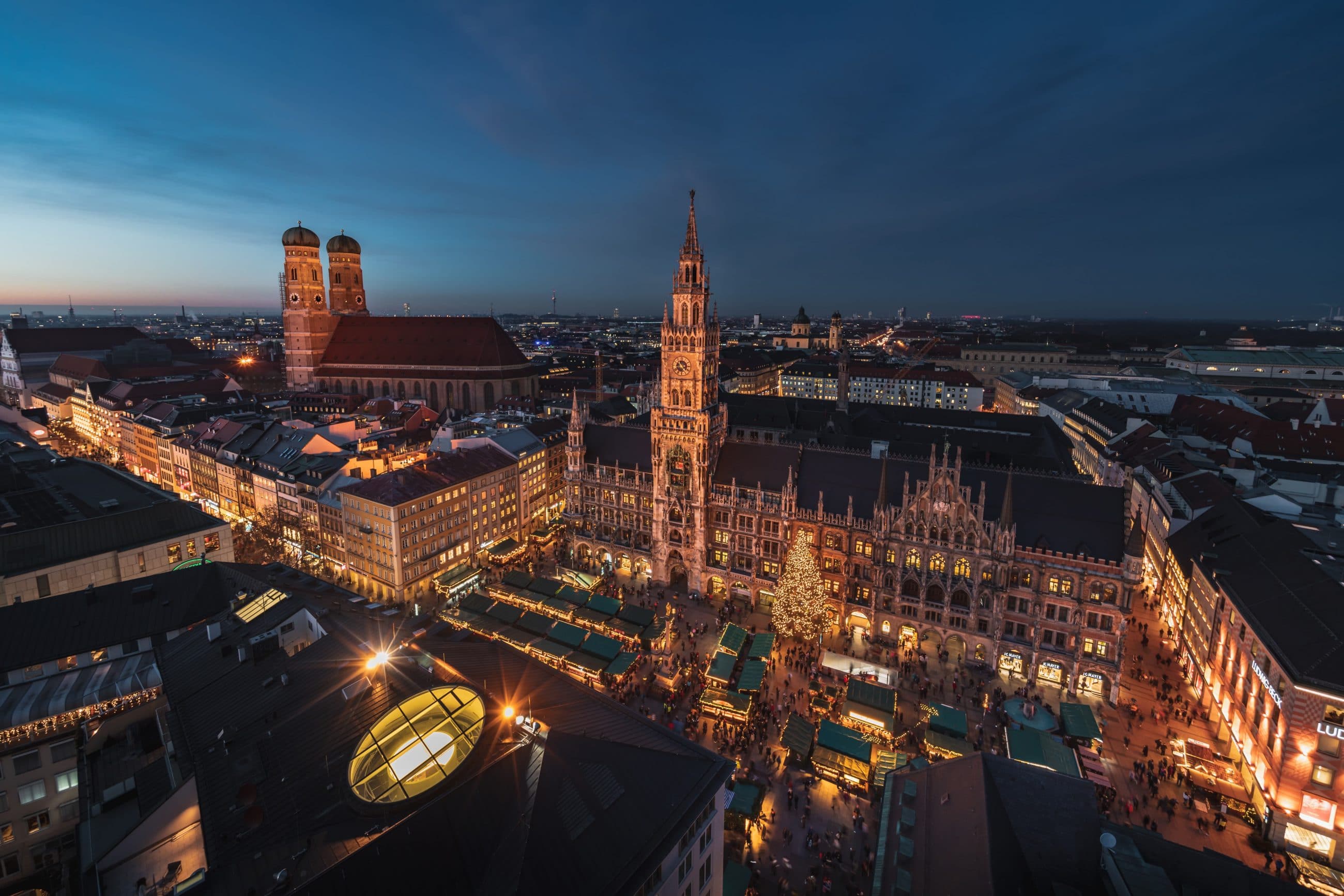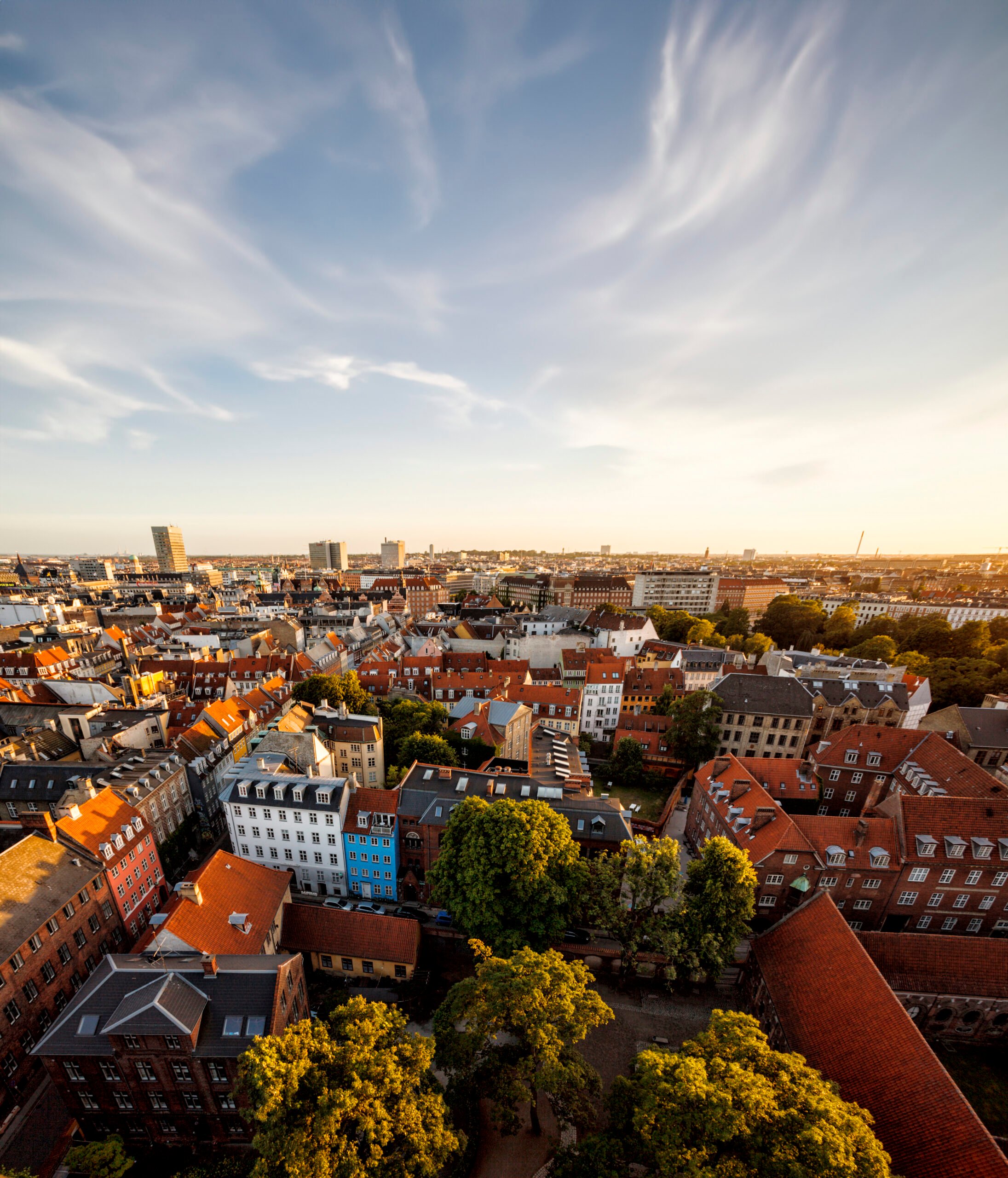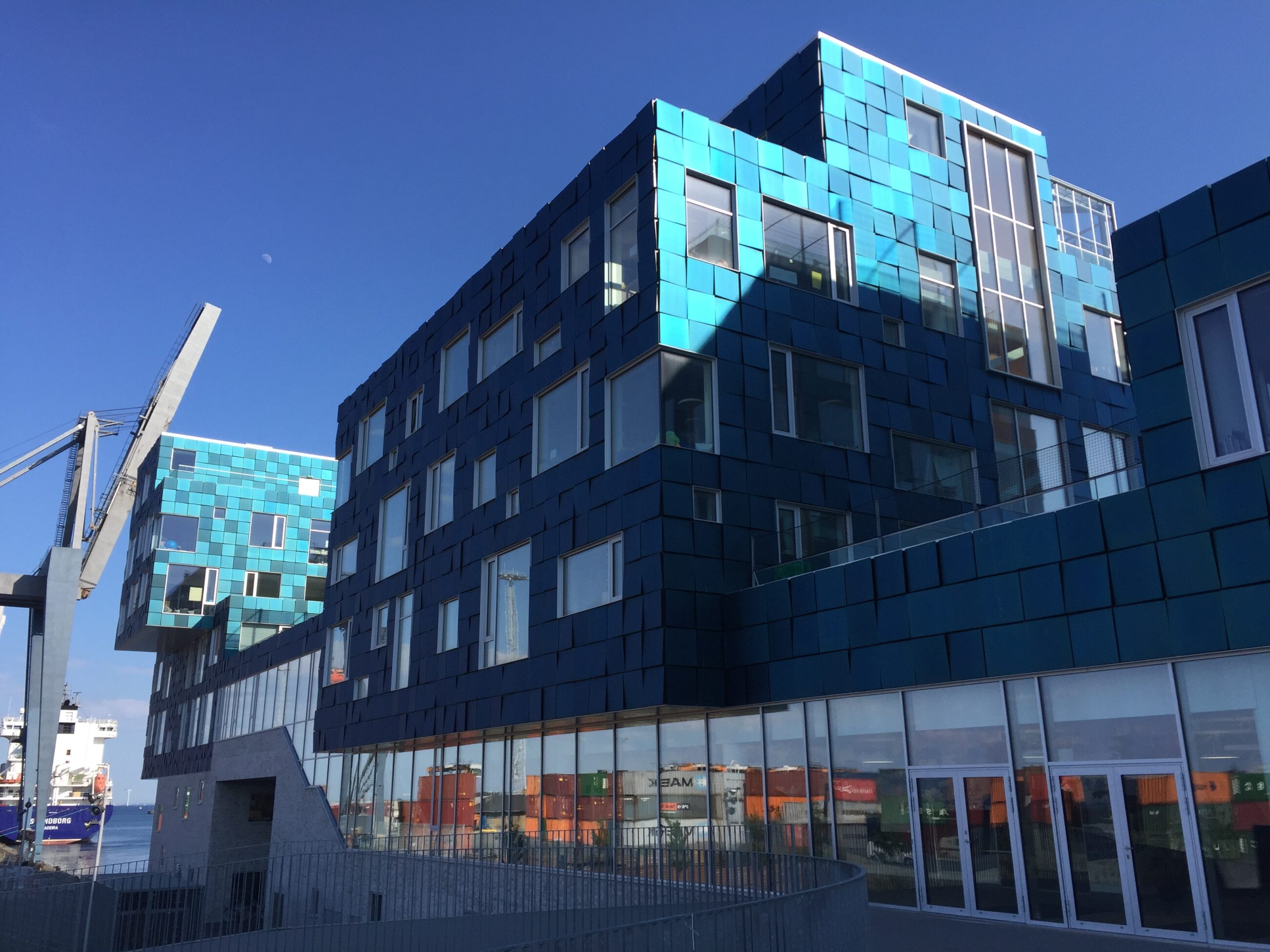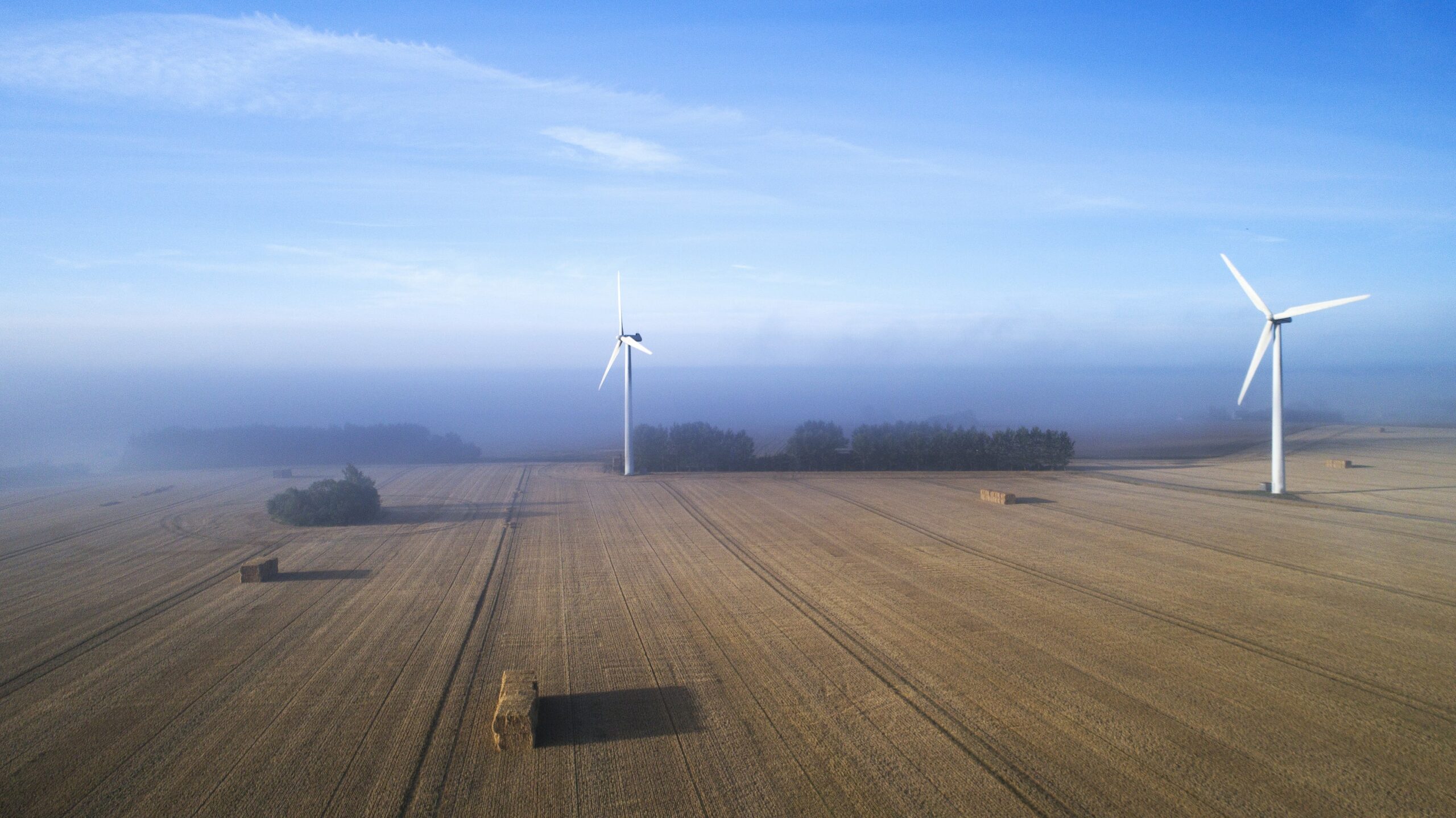News
Buildings
Danish traditions help Munich become greener and cleaner


In 2011, Germany embarked on an extensive green conversion of its energy supply. The ‘Energiewende’ – literally meaning the “energy turnaround” – is Germany’s plan to reduce greenhouse gas emissions without relying on nuclear energy. Amongst others, the plan for a nation-wide energy transition sets out targets to reduce emission by 80 per cent in 2050, while energy efficiency is targeted to increase by 50 per cent. To speed up the transition and support the neighbouring journey, Danish cities and companies have teamed up with like-minded counterparts as part of the Access Cities programme.
Energy turnaround in Munich and beyond
Around three-quarters of all German residents live in cities. This number is expected to increase in the coming decades, placing a great strain on urban communities. For German developers and authorities, accelerating the development towards liveable, sustainable, and resilient urban spaces is therefore key. Munich being amongst the most ambitious.
To foster export opportunities and closer collaboration, Access Cities has facilitated the pairing of ten Danish companies with potential German partners to help the capital of Bayern curb its sustainability challenges. Germany’s third largest city, Munich, is currently experiencing high growth with large sums of investments in city development. Besides being home to one of the country’s biggest municipality-owned utility companies ‘’Stadtwerke München’’, Munich acts as an incubator-hub to some of Germany’s biggest green innovators with a significant number of living labs. Using the city’s position as a test and demonstration centre for the entire region, a core aspect of the German-Danish tie-up was to create sustainable designs with the ability and scalability to function across cities.
Especially building the cooperation on a Danish tradition of not only creating green, but also aesthetic and cozy environments, has been a key aspect of the cooperation:
“Aesthetics is nothing without liveability, and liveability comes short if it is not sustainable. Therefore, most of the challenges faced by today’s cities require holistic solutions. Denmark has a long tradition for broad collaboration within the building and construction sector why it was important that the participants counted everything from architects and designers to consultants and technology providers,” says Robert P. Perz, Managing Director, the Confederation of Danish Industry in Germany.
Get inspired: Download our white paper 'Smart CIties: Creating liveable, sustainable and prosperous societies'
Paving the way for new partnerships
A concrete example of the Access Cities collaboration has been the arrangement of an innovation call where German authorities and innovators got a chance to team up with Danish companies to co-create solutions. After three years of ongoing engagement, several agreements with local partner and distributors have now been formalized. One is the establishment of a partnership between the Confederation of Danish Industry in Germany and Green City.
The collaboration between the two revolves around narrowing down tangible challenges and business opportunities with a window for increased collaboration. In light of Munich’s long-term efforts to combat air pollution, a highlighted area is finding solutions to moving the city’s urban mobility patterns in a greener direction. As the work progresses, partners continue to pinpoint new, innovative city solutions in meeting Munich’s demand from its growing number of city-dwellers.
Related news: New export initiative brings together international cities within sustainable urban development
About Access Cities
Access Cities is an international, public-private project, which aims to strengthen sustainable urban development in five project cities: New York City, Singapore, Munich and the Danish cities of Copenhagen and Aarhus. The project connects actors working with sustainable urban development in the pursuit of game-changing solutions to common issues confronting cities. Access Cities will develop innovative, viable and scalable responses to the most pressing sustainability challenges faced by global city hubs today and tomorrow – in collaboration and via the exchange of documented learnings within the sustainability space.
Access Cities is funded by the Danish Industry Foundation and co-financed by the project partners State of Green, the Confederation of Danish Industry, Quercus Group, Climate-KIC, the City of Copenhagen and the City of Aarhus. Visit the Access Cities website here.















